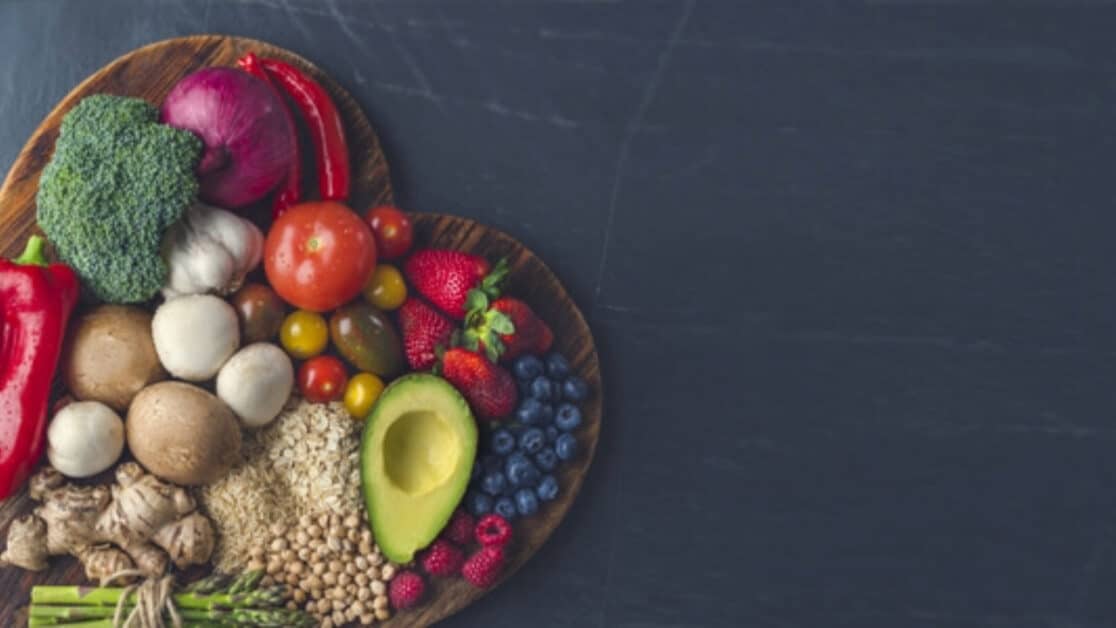Manter os níveis de colesterol sob controle é fundamental para uma vida longa e saudável.
O colesterol elevado é um fator de risco conhecido para doenças cardíacas e acidentes vasculares cerebrais, as principais causas de morte em muitos países. Felizmente, com algumas mudanças no estilo de vida e na dieta, é possível reduzir o colesterol e melhorar a saúde cardiovascular. Este artigo oferece dicas práticas para ajudá-lo a controlar o seu colesterol naturalmente.
1. Modify Your Diet
Diet has a significant impact on cholesterol levels. Some dietary changes can help reduce high cholesterol:
- Consume more soluble fiber: Foods rich in soluble fiber, such as oats, apples, pears, legumes and whole grains, can help reduce the absorption of cholesterol into the blood.
- Include healthy fats: Mono- and polyunsaturated fats, found in olive oil, nuts and fatty fish like salmon and sardines, can help raise HDL (good) cholesterol and lower LDL (bad) cholesterol.
- Reduce your intake of saturated and trans fats: Limiting foods high in saturated fats, such as fatty red meats and full-fat dairy products, and avoiding trans fats, present in many processed foods, is crucial for lowering cholesterol.
2. Increase Physical Activity
Regular exercise is another important pillar in reducing cholesterol. Physical activities help improve lipid profile in several ways:
- Increases HDL: Physical exercise can raise levels of HDL, the “good” cholesterol, which helps remove “bad” cholesterol from the arteries.
- Reduces LDL and triglycerides: Regular aerobic activities such as walking, running, swimming or cycling can reduce LDL and triglyceride levels.
- Improves general health: In addition to influencing cholesterol levels, exercise contributes to weight loss, lower blood pressure and improved cardiovascular health in general.
3. Weight loss
Losing weight can have a direct impact on lowering cholesterol, especially if you are overweight or obese:
- Reduces LDL: Weight loss can help lower LDL cholesterol and triglycerides, while potentially increasing HDL.
- Improves metabolic health: Excess weight is often associated with other health problems, such as type 2 diabetes and high blood pressure, which can also affect cholesterol levels.
4. Consider Natural Remedies
Some natural remedies and supplements can help complement diet and lifestyle changes:
- Fish oil and omega-3: Fish oil supplements are known to lower triglycerides and can help increase HDL.
- Plant sterols and stanols: These substances, found in some margarines and supplements, can help block the absorption of cholesterol.
- Garlic: Garlic has been linked to lowering cholesterol levels in some studies, although the results are mixed.
5. Manage Stress
Chronic stress can negatively affect cholesterol in several ways. Manage stress through techniques such as
meditation, yoga, or simply taking time for hobbies and relaxation can help keep cholesterol levels in check.
6. Avoid Smoking and Limit Alcohol Consumption
Smoking is extremely harmful to cardiovascular health and can reduce HDL cholesterol. Quitting smoking can significantly improve your lipid profile. Additionally, while moderate alcohol consumption may slightly raise HDL levels, excessive consumption can have the opposite effect and increase the risk of other health problems.
7. Get Regular Check-ups
Maintaining regular follow-up with your doctor and having periodic blood tests are essential for monitoring your cholesterol levels. These check-ups can help you adjust your dietary and lifestyle approach as needed, as well as identify any underlying health problems that may be contributing to high cholesterol.
By implementing these changes, you can not only lower your cholesterol, but also significantly improve your overall health and quality of life.

